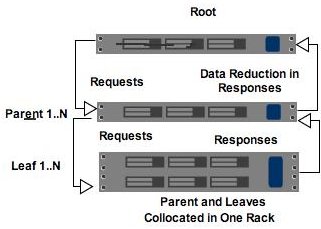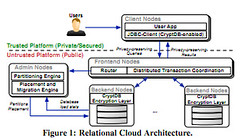Stuff The Internet Says On Scalability For February 4, 2011
 Friday, February 4, 2011 at 8:51AM
Friday, February 4, 2011 at 8:51AM  Submitted for your reading pleasure...
Submitted for your reading pleasure...
- Super Bowl Prediction: Pittsburgh 27, Green Bay 24. I'll be rooting for Green Bay, but the Pittsburgh defense will eventually win the day, beating back the fleet footed, quick tossing, and sharp shooting Aaron Rodgers. Roethlisberger will make exactly 3 plays that matter, but they'll be the right 3 plays.
- Reddit is now at 1 billion page views a month. Congratulations!
- Amazon S3 Cloud Stores 262 Billion Objects. My god, it's full of stars...
- Quora’s Technology Examined by Phil Whelan. Excellent detective work answering the question: How Does Quora Work?
- Quotable Quotes:
- @timoreilly: When hardware became commoditized, software was valuable. Now that software being commoditized, data is valuable. #strataconf
- @coldfusionPaul: "Write someone a query, they'll go away for a day. Teach someone to query, they'll just go away." so, I use #NoSQL 555
- @squarecog: To go *really* fast, you want to get rid of spokes in your wheels, and ditch tires. Also, turning is overrated. #nosql



















 If you could harness the
If you could harness the 
